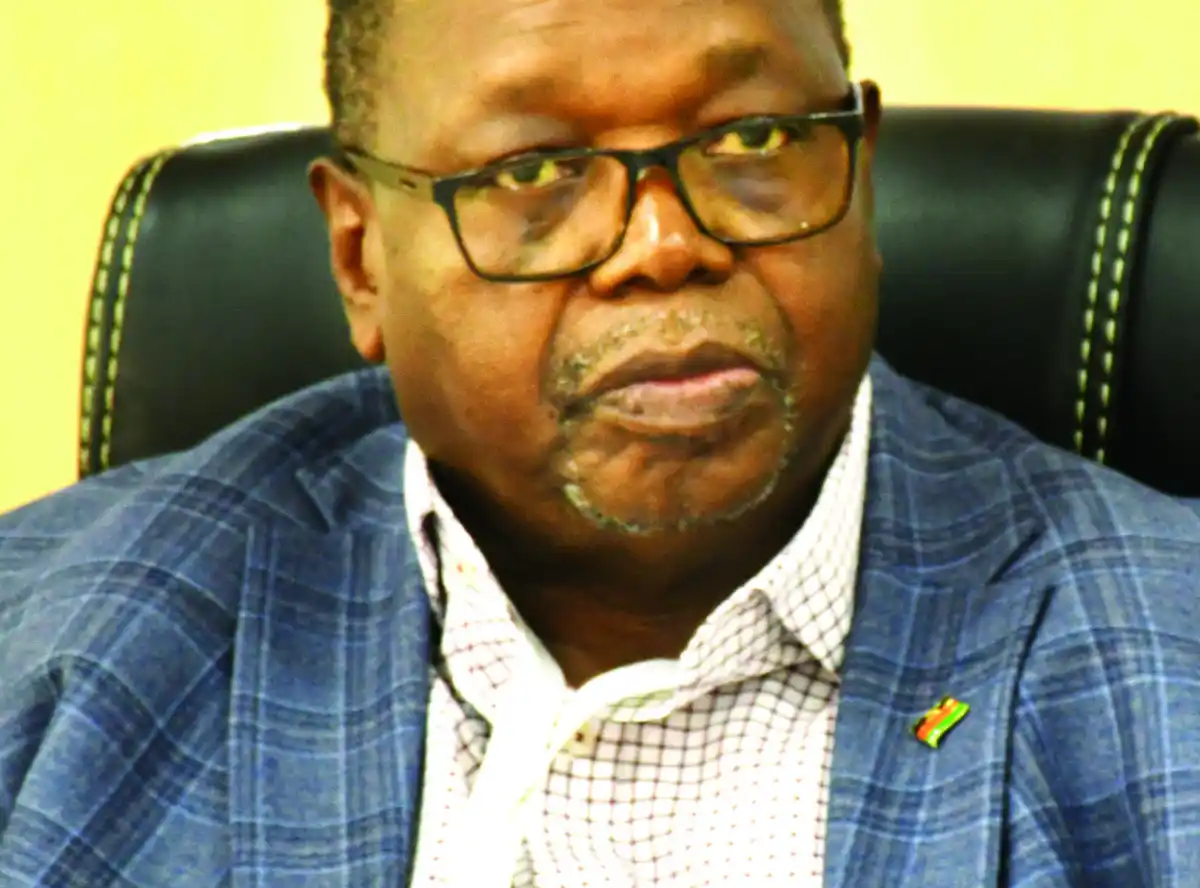
The Reserve Bank of Malawi (RBM) Governor Wilson Banda has described the speculation, which is exerting pressure on the exchange rate as baseless and malicious.
In an interview Monday, Banda said the central bank has observed that, for malicious purposes, people have gone out and spread baseless information that is now putting pressure on the Kwacha.
The governor likened the current situation to a person who, for malicious reasons, goes into the market and screams, fire!!!, saying chances are high that a number of people are likely to get hurt in such a situation.
“So what we have seen in the recent past is that for malicious purposes, people have gone out there and have spread information that is now putting pressure on the Kwacha.
“Because they have screamed that there are shortages and that the currency is likely to depreciate, largely so the market is reacting to that speculative kind of attack,” he said.
He was quick to note that traditionally forex levels during these months of the year are subdued.
“Just the foreign currency may not be in abundance in the manner that we would want it to be but seasonally, foreign currency by this time of the year, in terms of the levels, it starts getting low. So we are not surprised. But it is not so low as to cause that type of panic.
“We think we can ride this tide and we think essential commodities like fuel, medicines, pharmaceuticals and the likes, we can handle and I think you can tell by looking around and seeing that we have not had any shortages,” Banda said.
Results of a forex auction held on Thursday revealed that the market selling price shall remain at K1,751.00 per US Dollar.
Early this month, the social media was awash with fake reports that the International Monetary Fund had written the Minister of Finance and Economic Affairs to devalue the Kwacha by 60 percent.

The RBM moved with speed to trash the speculation.
On Monday, the Financial Market Dealers Association (Fimda) warned that pressure on the kwacha is expected to persist going into the lean season.
Fimda President Leslie Fatch said the second half of the year is traditionally considered a lean period for foreign exchange supply Malawi.
“The trend we are seeing is reflective of the deficit in balance of trade that the country has been operating on. This imbalance between imports and exports has been a persistent challenge for Malawi’s economy, putting a strain on foreign exchange reserves and weakening the Kwacha.
“As such, we do not see a reverse of this position in the second half of this year,” Fatch said.








0 Comments